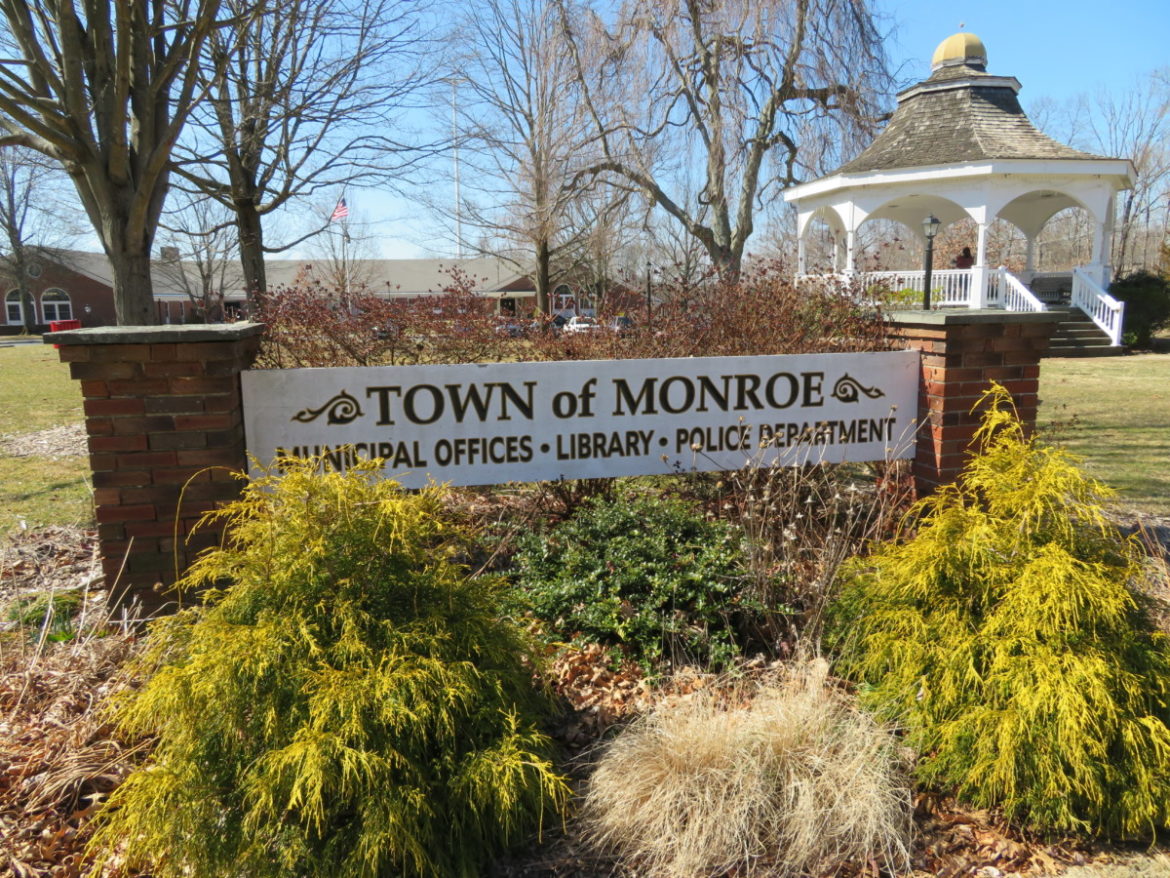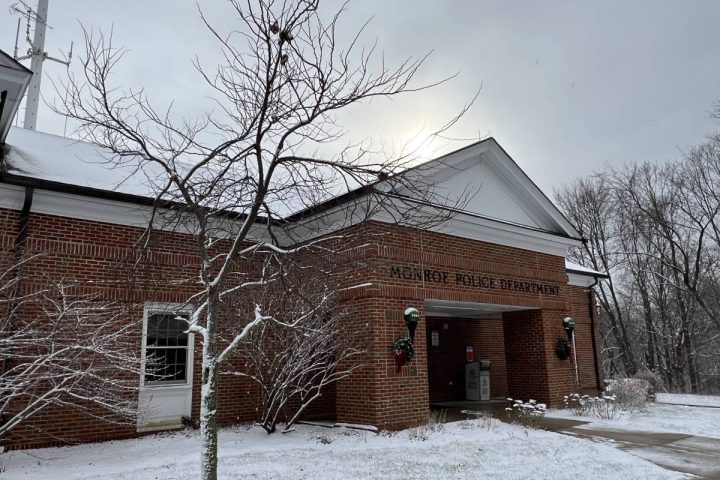MONROE, CT — Town officials expected a difficult budget year with one time savings exhausted last year, at the height of the COVID-19 pandemic. But Board of Finance Chairman Michael Manjos says lower health insurance rates should allow his board to reduce the tax increase to less-than-three-percent, by the time the town budget proposal comes before voters at the May 4 referendum.
Earlier in the process, First Selectman Ken Kellogg had presented a $93.3 million town budget proposal that would raise taxes by 3.3 percent.
Raises in new contracts for teachers, employees and administrators were delayed last year to help the district, but must be absorbed this year. Kellogg had proposed $61,791,068 for Monroe’s public schools, a 5.62 percent spending increase from the current $58.5 million education budget.
Despite that, Manjos says education spending should remain intact, while still keeping the overall tax increase below three percent.
“I think the Board of Education will be whole, other than the medical insurance savings and minus the adjustment for a settlement for magnate school tuition, but we’ll still have to vote,” he said Wednesday.
The Board of Finance is expected to finalize the budget proposal at a workshop on April 15.
The state of Connecticut estimates a four percent increase in the health insurance rate in the plan the town and Board of Education are in, but Manjos said the town is budgeting according to a more conservative estimate of 5.5 percent.
Ronald Bunovsky Jr., the finance director for the town and the school district, estimates a savings of $165,000 for the school district and $65,000 for the town.
Monroe public schools had lost a court case over magnate school tuition and owes a $155,000 settlement. The Board of Finance had voted to pay the installments for that out of the fund balance, rather than including it in the operating budget for 2021-22.
Restoring the fund balance
On Wednesday night, the Board of Finance went over the fund balance, revenues and the capital plan.
Bond rating agencies look favorably upon municipalities whose fund balances account for at least 10 percent of their operating budgets, and a low bond rating saves towns money on borrowing.
Monroe, which has a bond rating of AA+, has enjoyed a healthy fund balance over the past decade. Bunovsky said the town’s undesignated fund balance was $12.5 million as of June 30, 2018, and by June 30, 2019 it had grown to $13 million.
However, the town assigned $8 million of the fund balance to the current operating budget, because officials were concerned that tax revenue could drop if a high number of residents were to lose their jobs during the pandemic.
The gloomy forecast did not come true, but as a result the fund balance had fallen to $6.8 million by July 1, 2020. As of July 31 of this year, Manjos said it will stand at about $10.9 million because all of the $8 million was not spent.
The finance board expects to use $3 million of it to lower the tax impact. That would bring the fund down to about $7.9 million by the end of 2022.
Rebecca O’Donnell, a finance board member, asked how the town can build the fund back up amid uncertain times.
After the town’s budget is approved, Kellogg said the town may receive just under $5.7 million in federal funds through the state. But the numbers have yet to be finalized and the U.S. Treasury has yet to set guidelines on how the money, which would be paid out to Monroe over the course of two years, could be spent.
Manjos said that could help in rebuilding the fund balance, as well as the growing real estate market.
“We hope to build it over a couple of years,” Manjos said. “We have to figure out how. It’s not easy. It will be a challenge. We did save for a lot of years to get us in this position.”






